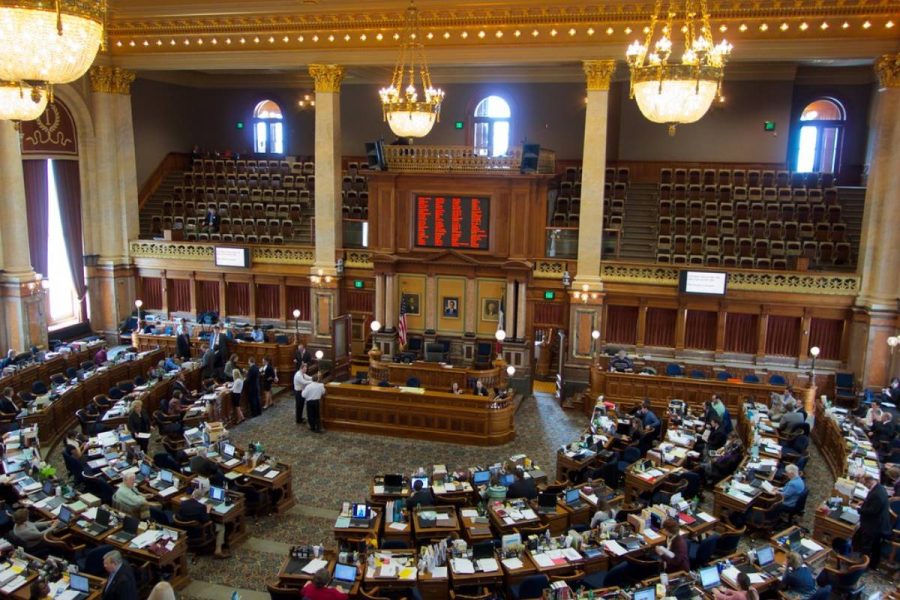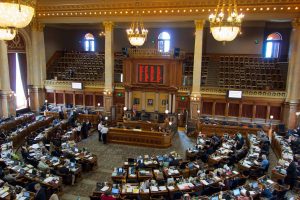Northern Ireland gaming regulations reach Assembly

The new gaming bill has entered the Northern Ireland Assembly.
UK.- Northern Ireland’s first new gambling legislation in 35 years has moved a step forwards, entering the Northern Ireland Assembly in Stormont.
The first stage of a planned overhaul of gambling regulations, the Betting, Gaming, Lotteries and Amusements (Amendment) Bill focuses on land-based gaming, which is currently regulated by an order from 1985. It would allow high-street betting shops and bingo clubs to open on Sundays and Bank Holidays, including Good Friday.
If approved by the Assembly, the bill would also introduce a statutory levy to direct funds to responsible gambling initiatives, problem gambling treatment and community programmes.
It would also set a minimum age of 18 for all gambling products and make it an offence for licensed operators and hospitality venues to allow anyone underage to play
Changes to Northern Ireland’s pool betting system would allow licenced bookmakers to take bets through the pool betting business ‘on the same terms and conditions as if the bet were placed by means of the totalisator at the licenced track concerned’.
The definition of cheating will be broadened to include attempted cheating on any betting, casino or lottery product, and also assisting or enabling another person to cheat. An updated Code of Practice will aim to ensure that gambling is fair, open and protects under-18s.
The proposed changes have been led by communities minister Deirdre Hargey, who announced the proposals in May. There’s no mention of online gambling in the bill – that’s still to come in a second phase since Hargey says it requires a longer timescale in order to implement a regulatory framework for the sector.
Hagley said: “Gambling legislation has remained largely unchanged since it was enacted thirty-five years ago. As a result, gambling regulation here has not kept pace with the industry and technological changes. In my view change is long overdue.
“It is clear from our consultation that people are content for some of the existing legal constraints on gambling to be relaxed. But they also believe that government, the gambling industry and others need to do much more to prevent, control and combat problem gambling.”











